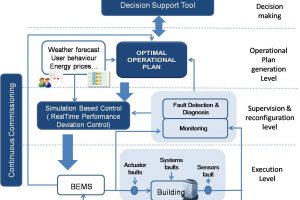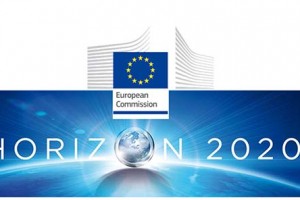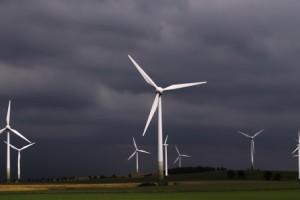
EiT was a speaker at EeB PPP Impact workshop. Brussels, 18-19 April, 2016
STAM, one of the EiT’s members, presented the work undertaken by the project regarding energy performance monitoring and management of energy efficient buildings at EeB PPP Impact workshop in Brussels on April, 18th and 19th.
STAM clarified the objectives of the Energy in Time project stressing a strong commitment of all the members to develop a Smart Energy Simulation Based Control method to reduce the energy consumption in the operational stage of existing non-residential buildings. New techniques will be developed based on the prediction of indoor comfort conditions and user behaviour performance to improve the Lifetime and Efficiency of Energy Equipment and Installations through continuous commissioning and predictive maintenance, while centralizing the remote control of different buildings in a single automated process.
He also described the EiT’s methology highlighting the main blocks such as Medium-long term decisions support tool (data mining techniques), Advanced Simulation models (virtual representation of the building behavior), Simulation Based Control (self-adaptable to the building-user’s current conditions) and Continuous Commissioning (a new method combining advanced monitoring, fault detection, diagnosis and adaptive tools to detect and implement corrective measures and predictive maintenance strategies).
The goal to present the EiT at this workshop was to state (1) the project’s uniqueness, (2) technical maturity of the global solution covering the phases of data acquisition, simulation, decision and support tools and (3) the expected outcomes for the market.
The frame of EeB PPP Impact workshop provided us with a unique opportunity to discuss the content and the format and share knowledge & experience in order to come up with a great and valuable output by the next meeting.













